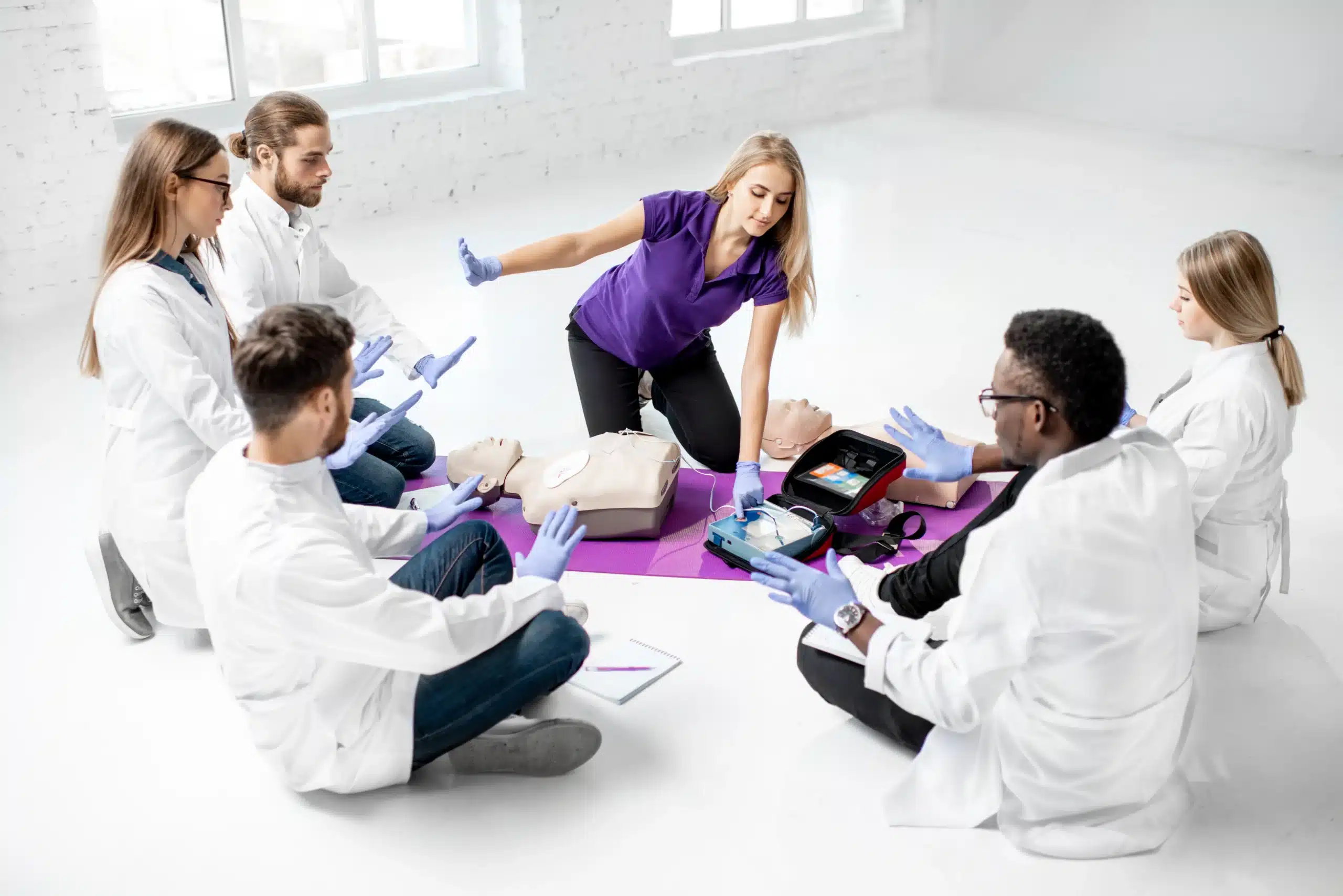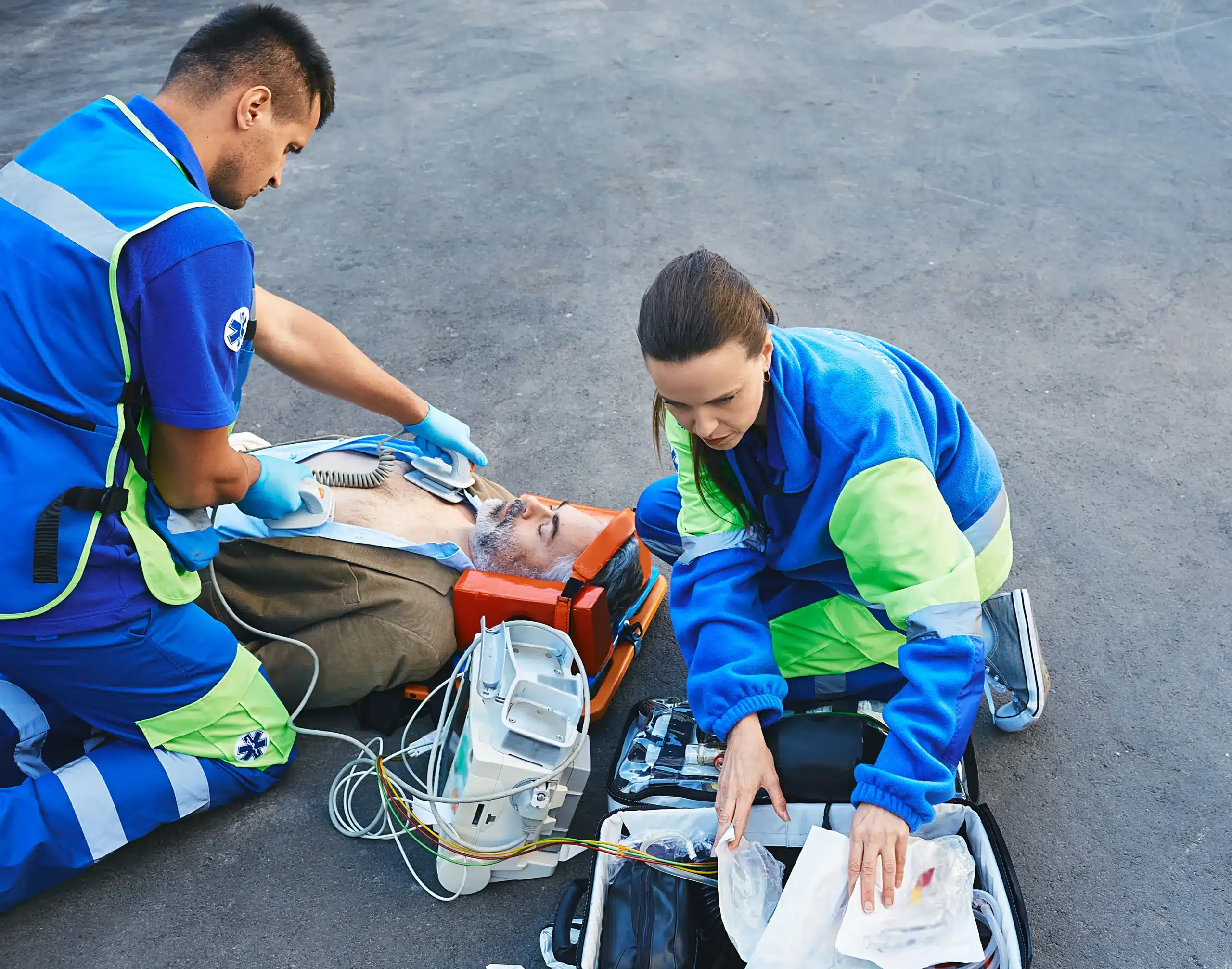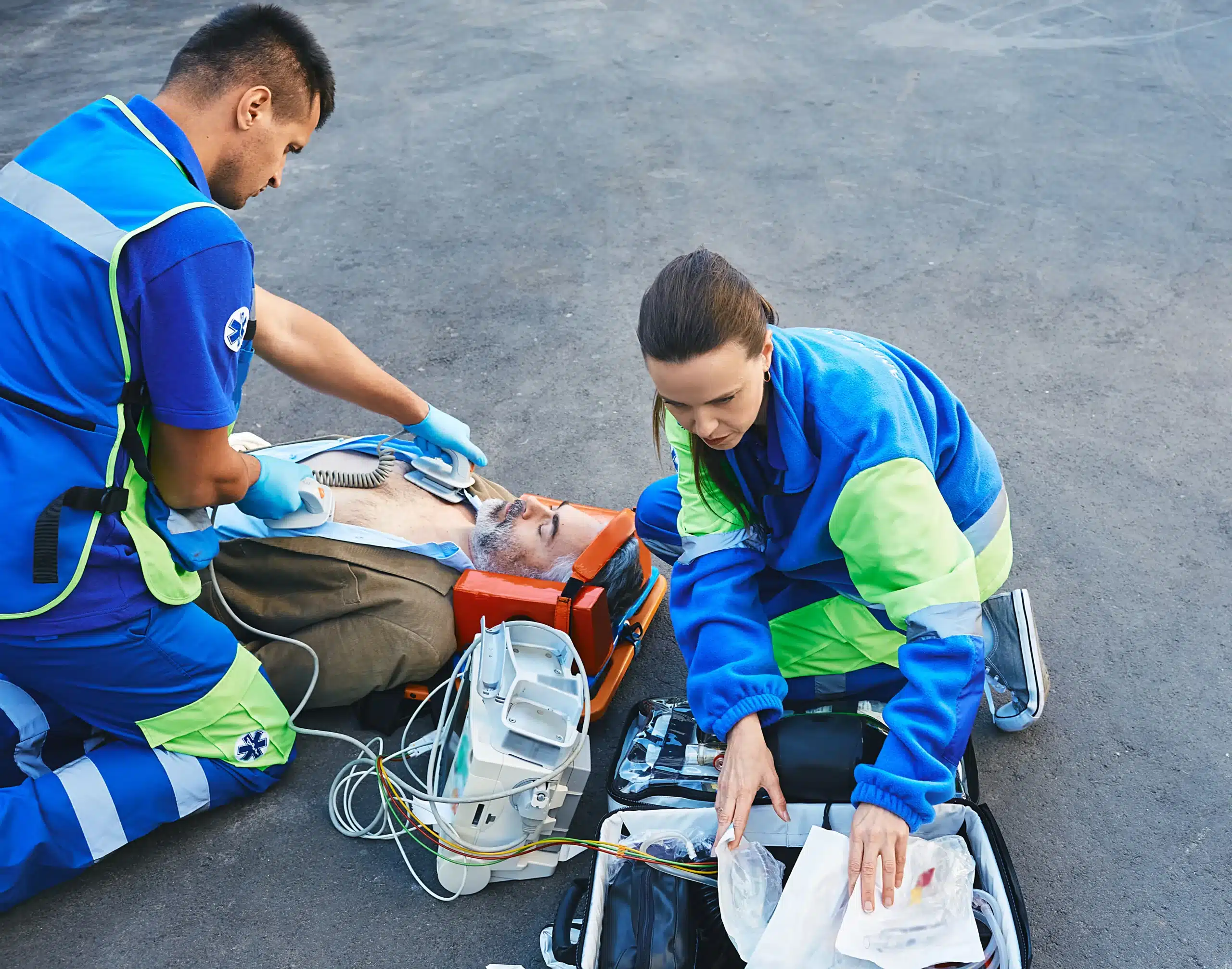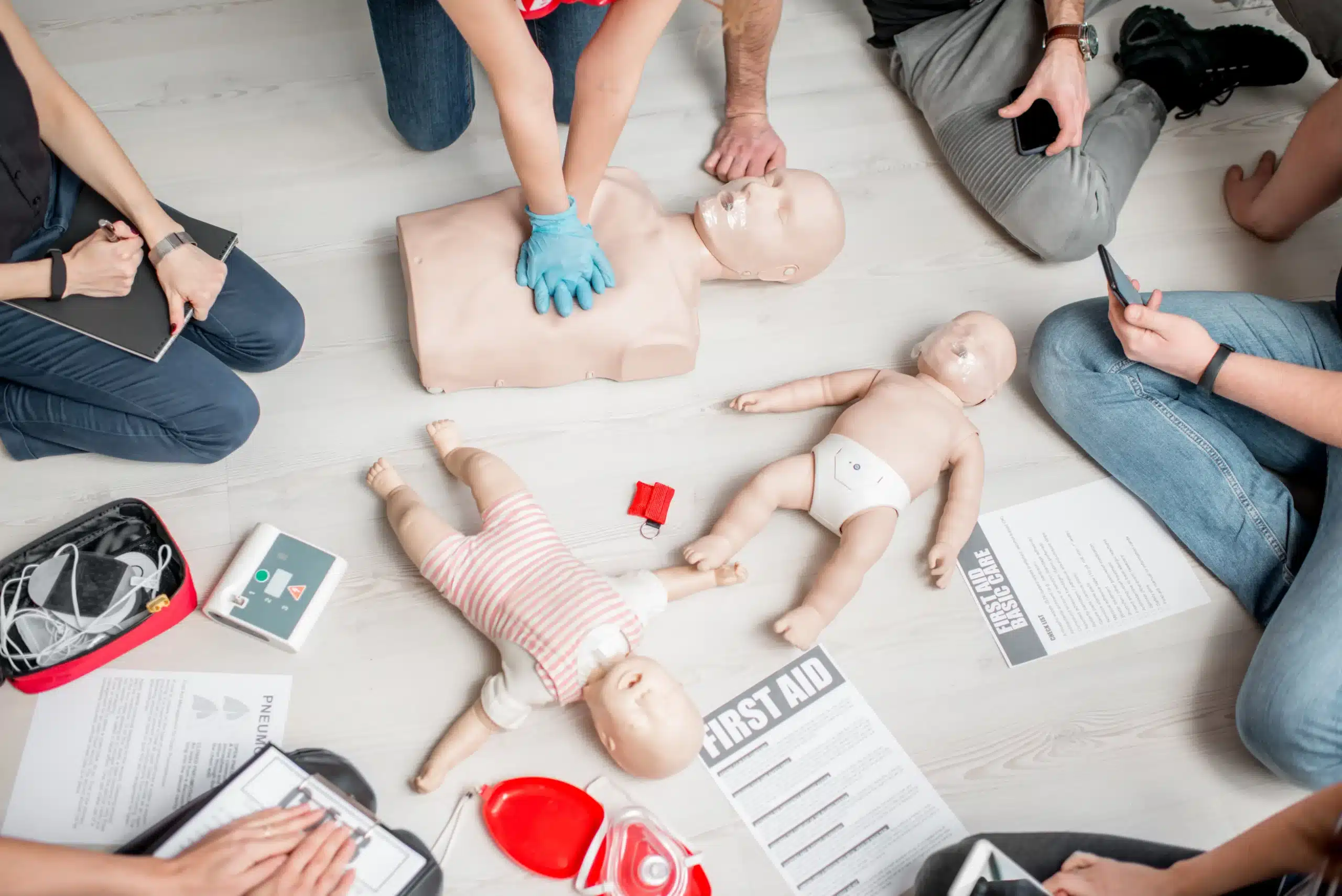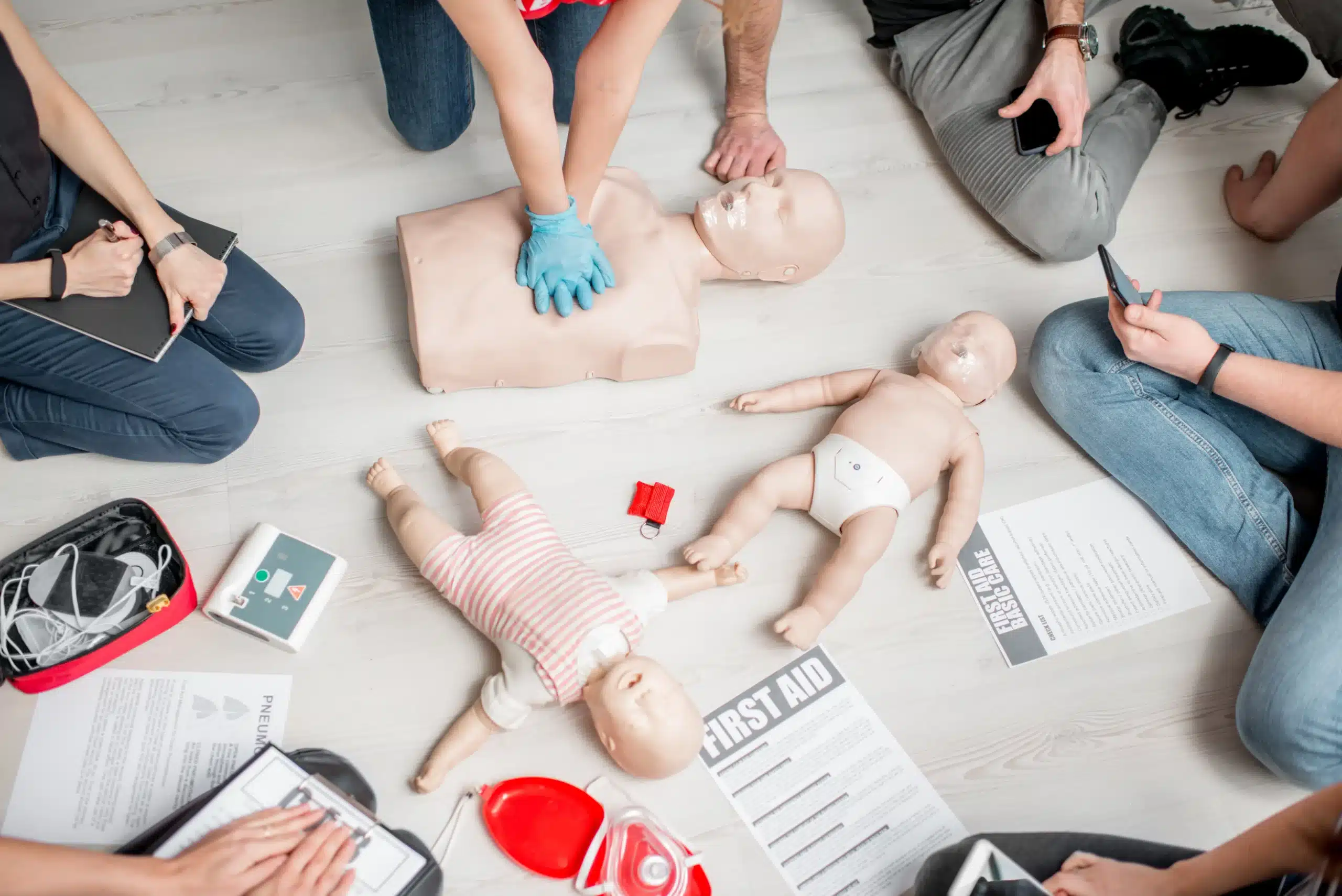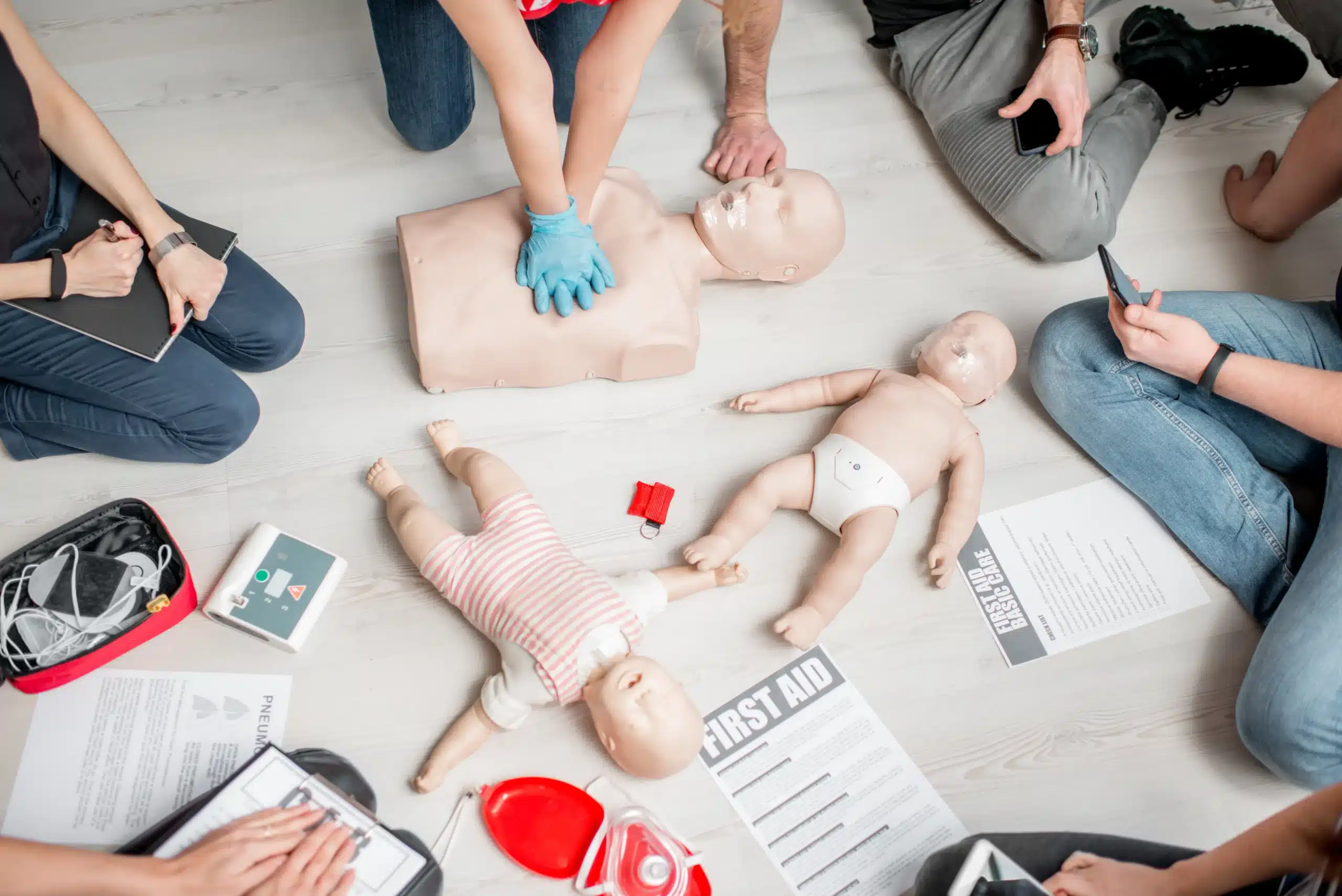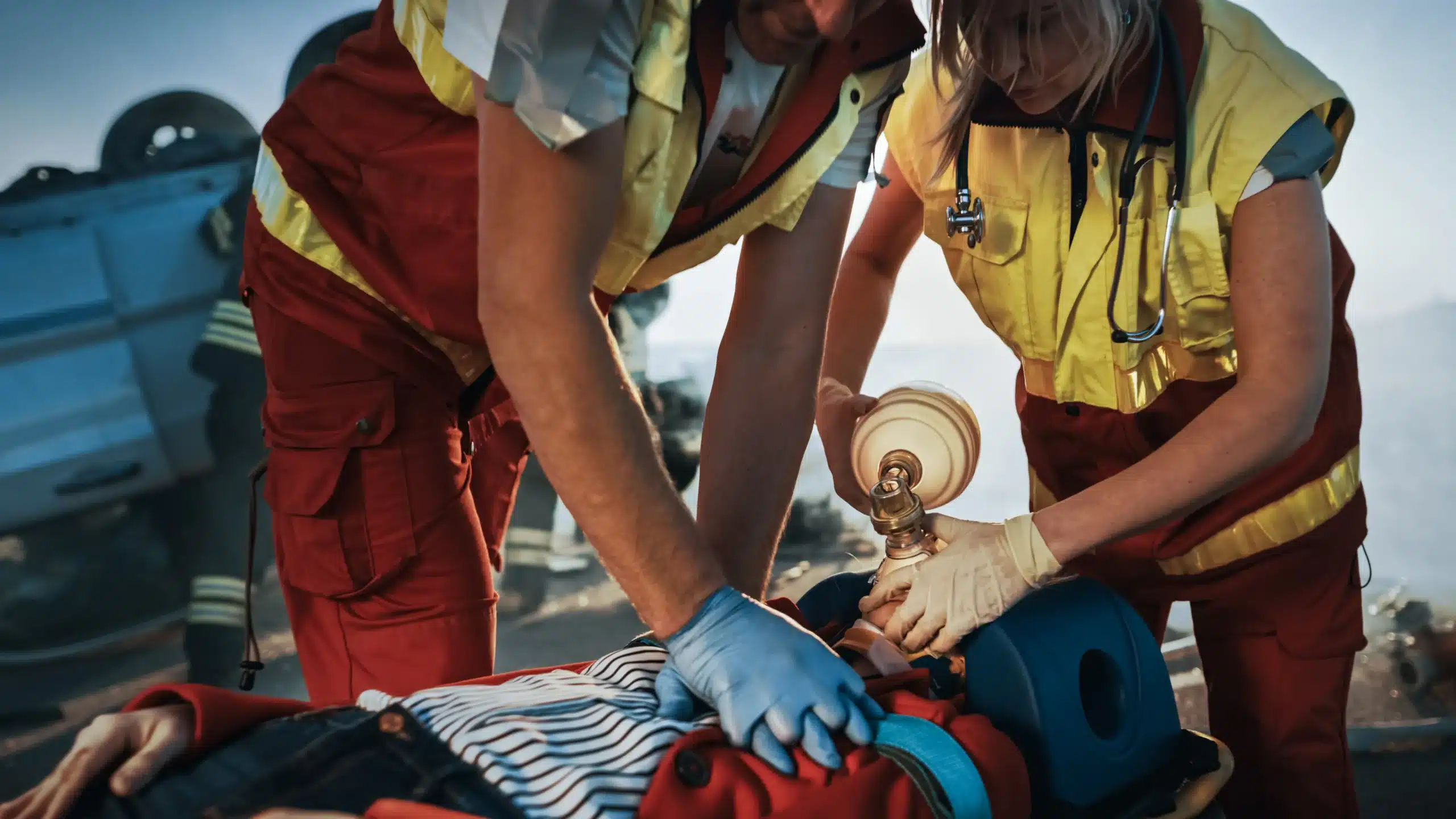As healthcare professionals, we know that children aren’t just small adults; their physiological differences require specialized care, especially in emergencies. Pediatric Advanced Life Support (PALS) certification recognizes this crucial distinction, providing healthcare providers with the advanced skills and knowledge needed to effectively manage pediatric emergencies. This guide explores the world of pediatric advanced life support in Concord, offering insights into the course structure, certification options, associated costs, and essential preparation steps. Whether you’re a doctor, nurse, or EMT working in Concord, this information will help you understand the value of PALS and guide you toward becoming a highly skilled pediatric emergency care provider.
Key Takeaways
- PALS equips you for pediatric emergencies: It provides advanced skills beyond basic CPR, focusing on the critical initial moments of a crisis. The training uses realistic simulations and a team-based approach to build confidence in managing various pediatric emergencies.
- Find the right PALS course in Concord: Explore options like blended learning, which combines online coursework with shorter in-person skills sessions. Research providers like Safety Training Seminars, Concord CPR Classes, and the American Red Cross to find the best fit for your schedule and learning style.
- PALS certification is a worthwhile investment: Enhanced skills, career advancement, and the ability to provide the best care make it valuable. Compare prices and look for discounts to maximize your investment. Maintain your certification through renewal courses every two years.
What is Pediatric Advanced Life Support (PALS)?
What is PALS and Why is it Important?
Pediatric Advanced Life Support (PALS) is a specialized program designed to give healthcare providers the skills they need to handle pediatric emergencies. It goes beyond basic CPR to focus on the critical first moments of life-threatening situations like respiratory distress, shock, and cardiac arrest in infants and children. Having a PALS certification means you’re prepared to act quickly and confidently when seconds count.
Key Skills and Knowledge You’ll Learn
A PALS course isn’t just about lectures; it’s about actively applying knowledge. You’ll learn to quickly assess a child’s condition, make rapid decisions, and perform life-saving interventions. The training emphasizes a team-based approach, so you’ll practice working together seamlessly in high-pressure scenarios. Through realistic simulations and case studies, you’ll gain the experience and confidence to manage everything from airway management and intravenous access to medication administration and cardiac rhythm interpretation.
Who Benefits from PALS Certification?
PALS certification is essential for any healthcare professional regularly involved in pediatric care. This includes doctors, nurses, paramedics, respiratory therapists, and emergency medical technicians. It’s also highly beneficial for those working in settings like hospitals, emergency rooms, and intensive care units. While basic CPR training is valuable, PALS provides the advanced skills needed to address the specific physiological differences and challenges in treating critically ill infants and children. If you’re looking to enhance your pediatric emergency care skills, consider PALS certification.
PALS Certification Options in Concord
Finding the right Pediatric Advanced Life Support (PALS) certification course is crucial for healthcare providers. Concord offers several options to fit your schedule and learning style. Let’s look at some of the leading providers in the area.
Safety Training Seminars
Safety Training Seminars offers PALS certification along with other AHA courses like CPR, First Aid, BLS, and ACLS. They emphasize flexible scheduling with daily classes and a low-price guarantee, making them a convenient and budget-friendly choice.
Concord CPR Classes
Concord CPR Classes focuses on AHA PALS certification, offering initial courses and renewals. Their blended learning format combines online coursework (approximately 3–4 hours) with a shorter in-person skills session (30–40 minutes) at various locations, allowing you to learn at your own pace and get certified efficiently.
CPR Training Center
CPR Training Center provides PALS certification alongside other AHA courses, serving Concord and the broader Contra Costa County. If you’re looking for a provider with a wide reach and established presence, they might be a good fit.
American Red Cross
The American Red Cross also offers PALS certification using a blended learning format. Their self-paced online component combined with an in-person skills session provides flexibility for busy professionals.
Other Local Providers
You can also find other local options for PALS training beyond these well-known providers. For example, Intensive Medical offers a PALS Provider Course focused on improving outcomes for pediatric patients in emergencies. A little research can reveal smaller training centers that might suit your needs perfectly.
Course Structure and Requirements
Before you jump into a Pediatric Advanced Life Support (PALS) course, it’s helpful to understand the structure, requirements, and what to expect. Knowing the process beforehand lets you focus on learning these lifesaving skills.
Prerequisites
A current American Heart Association (AHA) Basic Life Support for Healthcare Providers (BLS) CPR card is a must-have before starting PALS. Some providers, like Safety Training Seminars, offer a BLS challenge test if your card has expired, but it may come with an additional fee. If you don’t have a current BLS CPR card, you’ll need to complete a full BLS course first.
Online vs. In-Person Options
Many PALS courses now offer a blended learning format, combining online coursework with an in-person skills session. This flexible approach allows you to work through the material online at your own pace, then demonstrate your skills in person. The American Red Cross is one example of an organization that uses this blended learning model.
Course Duration and Format
PALS courses typically involve online learning, in-person skills practice, and testing. The online portion usually takes between three to six hours, offering flexibility for your schedule. The in-person component, which focuses on hands-on skills and assessment, generally takes less than an hour. In total, the course typically requires about four to five hours, including a take-home exam. Check with your chosen provider for specifics, as formats can vary. For example, RQI courses may have a different structure.
Certification Renewal
Your PALS certification is valid for two years. To maintain your skills and credentials, you’ll need to take a renewal course before it expires. Contact your provider, such as Concord CPR Classes, for details on their renewal process and requirements. Staying current with your certification ensures you’re always prepared to provide effective care.
Cost and Value of PALS Certification
Getting PALS certified is an investment in your skills and career. Let’s break down the costs, explore ways to save, and look at why PALS certification is so valuable.
Compare Prices in Concord
Course fees for PALS certification in Concord can vary. It’s always a good idea to compare prices from different providers like Safety Training Seminars. Check if they offer a low-price guarantee, to ensure you’re getting the best possible deal. Sometimes, reaching out to providers directly can uncover unadvertised discounts or group rates.
Discounts and Promotions
Many training centers offer discounts for students, healthcare workers, or groups. Keep an eye out for seasonal promotions or early bird discounts, too. Safety Training Seminars frequently updates its course offerings and often includes special promotions. Subscribing to a provider’s email list can be a great way to stay informed about these opportunities.
Return on Investment
While cost is a factor, consider the long-term value of PALS certification. This credential demonstrates your advanced life support skills for pediatric patients, a significant advantage in healthcare settings. It can open doors to new job opportunities, enhance your current role, and most importantly, empower you to provide the best possible care. The skills you gain through PALS certification are invaluable, contributing to positive patient outcomes and potentially saving lives. Think of it as an investment in your career and the well-being of the children in your care.
Prepare for PALS Certification Success
Essential Study Materials and Resources
Getting ready for your PALS certification? Solid study materials are key. The American Heart Association’s PALS Provider Manual is the gold standard, covering everything from respiratory distress to cardiac arrest. Supplementing this with practice exams and online resources can boost your comprehension and retention. Reputable providers, such as Intensive Medical, often offer additional study aids and practice questions to help you feel confident going into the exam.
Practice Your Skills and Test-Taking Strategies
PALS isn’t just about the bookwork—it’s about putting knowledge into action. Hands-on practice and simulations are crucial. Many courses incorporate realistic scenarios to help you develop those essential skills, as highlighted in Cascade Training’s blog. Think of it like a dress rehearsal for a real emergency. Plus, familiarizing yourself with the exam format and practicing test-taking strategies can ease anxiety and improve your performance.
Maintain Your Proficiency
Congratulations on achieving your PALS certification! Now, how do you keep those skills sharp? Remember, certification isn’t a one-time thing. Staying up-to-date with the latest guidelines and refreshing your knowledge regularly is essential for providing the best possible care. Resources like Bay Area CPR’s blog offer insights into common misconceptions about PALS certification, including the importance of renewal every two years. Consider taking refresher courses or participating in mock drills to maintain your proficiency and ensure you’re always prepared to respond effectively in a pediatric emergency.
Related Articles
- Online PALS Classes in Concord: Your Guide – Walnut Creek CPR Classes
- AHA PALS Classes in Walnut Creek, CA – Walnut Creek CPR Classes
- BLS Certification in Pleasant Hill: A Complete Guide
- Advanced Cardiac Life Support (ACLS) in Concord, CA – Walnut Creek CPR Classes
- Course Preparation – Walnut Creek CPR Classes
Frequently Asked Questions
What exactly does PALS cover that basic CPR doesn’t?
PALS builds upon the foundational skills of CPR, delving into more advanced life-saving techniques specifically for infants and children. It covers a broader range of medical emergencies, including respiratory distress, shock, and cardiac events, and emphasizes a systematic approach to assessment, diagnosis, and treatment. It also focuses on team dynamics and communication in critical situations.
I’m a new parent. Should I get PALS certified?
While PALS is a valuable asset for healthcare professionals, it’s not typically necessary for parents. A solid understanding of basic CPR and first aid is generally sufficient for parents to handle common childhood emergencies. However, if you’re interested in gaining more advanced knowledge and skills, pursuing PALS certification could offer additional peace of mind.
How long does a PALS certification last, and how do I renew it?
PALS certification is valid for two years. To renew, you’ll need to complete a PALS renewal course before your current certification expires. Renewal courses are typically shorter than the initial certification course and focus on reinforcing key concepts and updating any changes in guidelines.
What if I let my PALS certification expire? Do I have to start over from scratch?
If your PALS certification lapses, you’ll need to retake the full PALS course to regain your certification. There’s no grace period or abbreviated recertification option once the certification expires. It’s always best to plan ahead and renew your certification before it lapses to maintain your skills and credentials.
Are there online-only options for PALS certification?
While some portions of PALS training may be available online, a fully online-only option is not sufficient for certification. PALS requires an in-person skills assessment component to demonstrate competency in performing the necessary life-saving techniques. This hands-on evaluation ensures you can effectively apply your knowledge in real-world scenarios.
